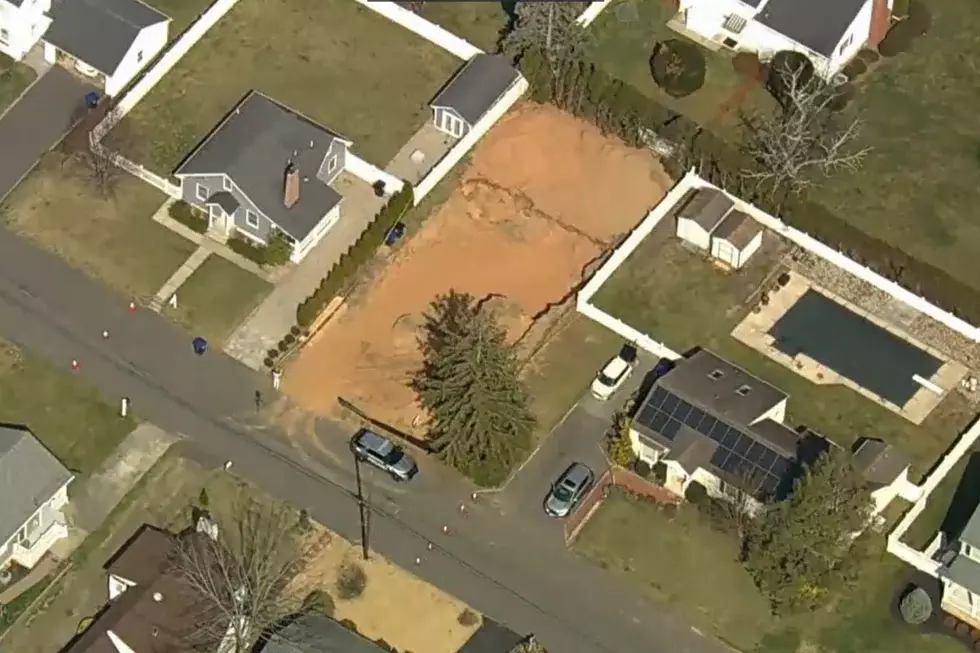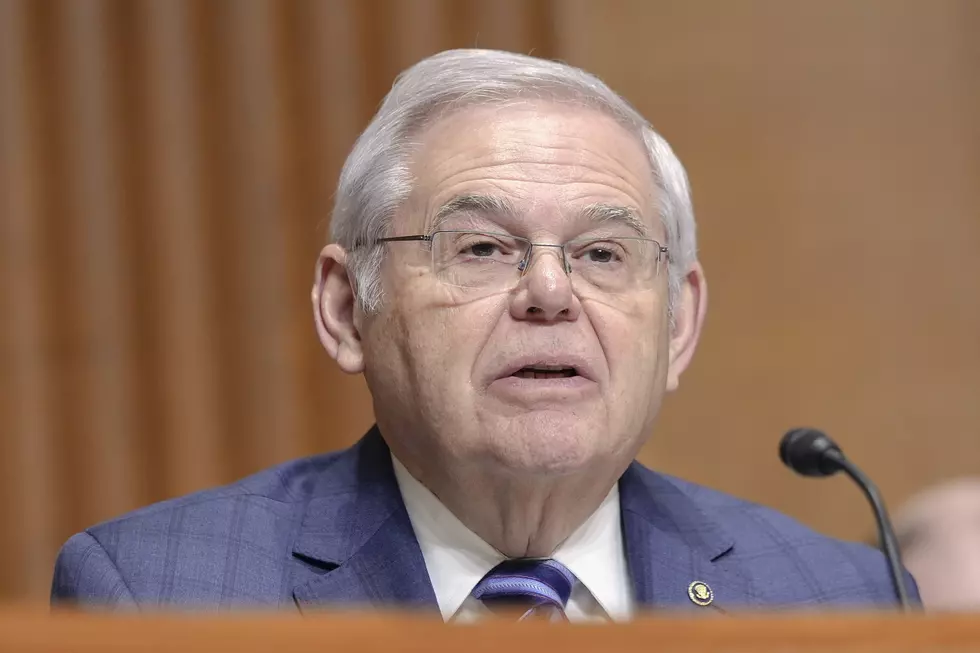
Leaders: US, UK will ‘not be cowed’ by militants
NEWPORT, Wales (AP) — Faced with a mounting militant threat in the Middle East, President Barack Obama and British Prime Minister David Cameron declared Thursday that their nations will "not be cowed" by extremists who have killed two American journalists.
"We will be more forthright in the defense of our values, not least because a world of greater freedom is a fundamental part of how we keep our people safe," the leaders wrote in a joint editorial in the Times of London.
Their comments come as world leaders gather at a golf resort in Wales for a high-stakes NATO summit. While the official agenda will focus on the crisis in Ukraine and the drawdown of the NATO combat mission in Afghanistan, the rise of the Islamic State group in Iraq and Syria will dominate discussions on the sidelines of the summit.
The militants have claimed responsibility for murdering two American journalists, releasing gruesome videos of their beheadings. Both the U.S. and Britain are deeply concerned about the potential threat to their homelands that could come from the foreign fighters who have joined the violent Islamic State group.
Cameron on Monday proposed new laws that would give police the power to seize the passports of Britons suspected of having traveled abroad to fight with terrorist groups.
Obama and Cameron appear to suggest that NATO should play a role in containing the militants, but were not specific in what action they would seek from the alliance.
The U.S. began launching airstrikes against Islamic State targets in Iraq last month, and both the U.S. and Britain have been making humanitarian aid drops to besieged minority groups there. Cameron said Monday that he hadn't ruled out joining the U.S. in airstrikes, but added that the priority was to support those already fighting the militants on the ground.
"We need to show real resolve and determination, we need to use every power and everything in our armory with our allies — with those on the ground — to make sure we do everything we can to squeeze this dreadful organization out of existence," Cameron told the British network ITV.
Also facing Obama is a decision about whether to expand U.S. military action against the extremists to Syria. While Obama has said he's considering that step, he has suggested in recent days that it's not imminent.
U.S. officials say Obama is reluctant to delve into Syria's quagmire on his own. He's expected to use some of his discussions in Wales to try to build a coalition that could join him in confronting the Islamic State through a combination of military might, diplomatic pressure and economic penalties.
Obama and Cameron were to visit with students at a local school Thursday morning before joining their counterparts from France, Germany and Italy to discuss the crisis in Ukraine. New Ukrainian President Petro Poroshenko was also to join the discussion in a show of Western solidarity with his embattled nation.
Ukraine and Russia have been locked in a standoff for months, with pro-Moscow forces stirring instability in eastern Ukrainian cities. On the eve of the NATO summit, Russia and Ukraine said they were working on a deal to halt the fighting, but Western leaders expressed skepticism — noting it wasn't the first attempt to end the deadly conflict.
NATO leaders are expected to agree this week on the creation of a rapid response force that would set up in nations in the alliance's eastern flank to serve as a deterrent to Russia. Baltic nations and others in the region fear Moscow could set its sights on their borders next.
"We must use our military to ensure a persistent presence in Eastern Europe, making clear to Russia that we will always uphold our Article 5 commitments to collective self-defense," Obama and Cameron wrote.
Under Article 5 of the NATO charter, an attack on one member state is viewed on an attack on the whole alliance. Obama reiterated his support for that principle Wednesday during a visit to Estonia, one of the newer NATO members set on edge by Russia's provocations.
(Copyright 2014 The Associated Press. All rights reserved. This material may not be published, broadcast, rewritten or redistributed)
More From New Jersey 101.5 FM









